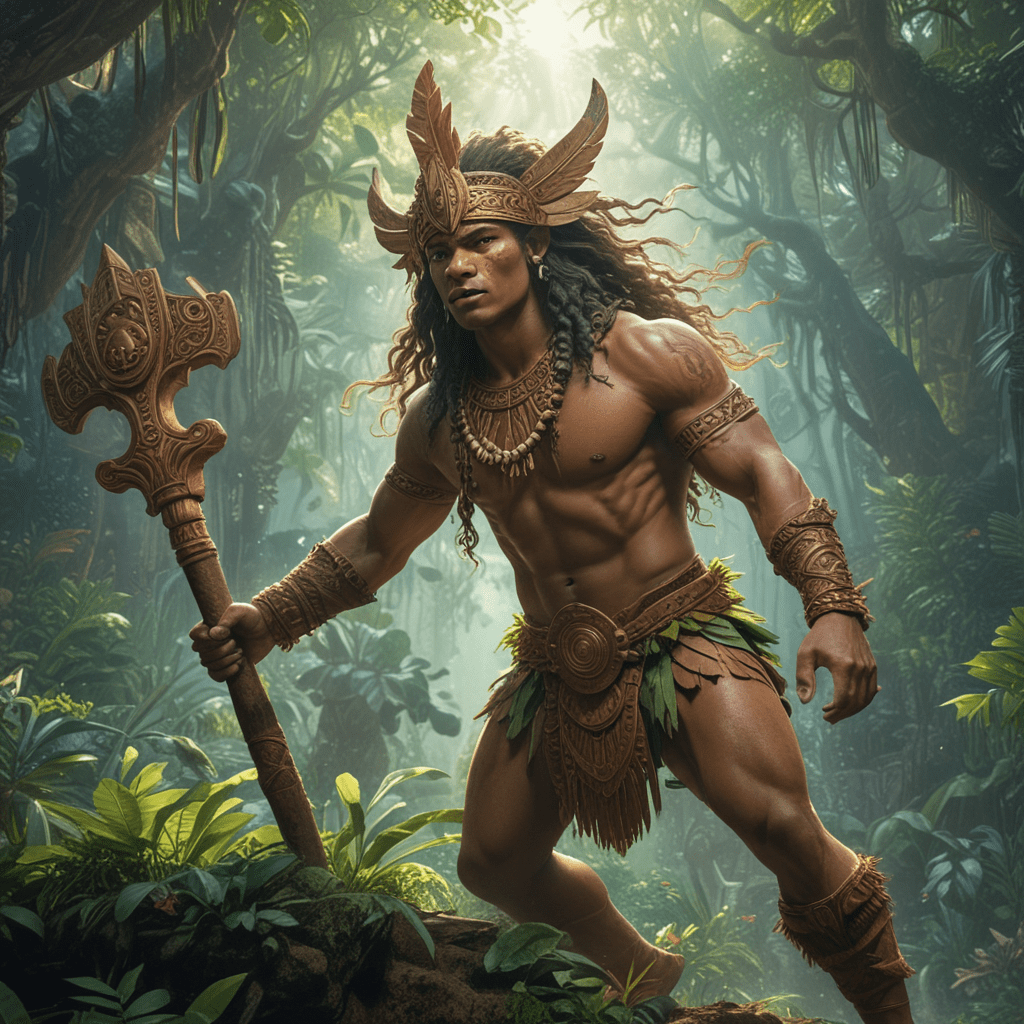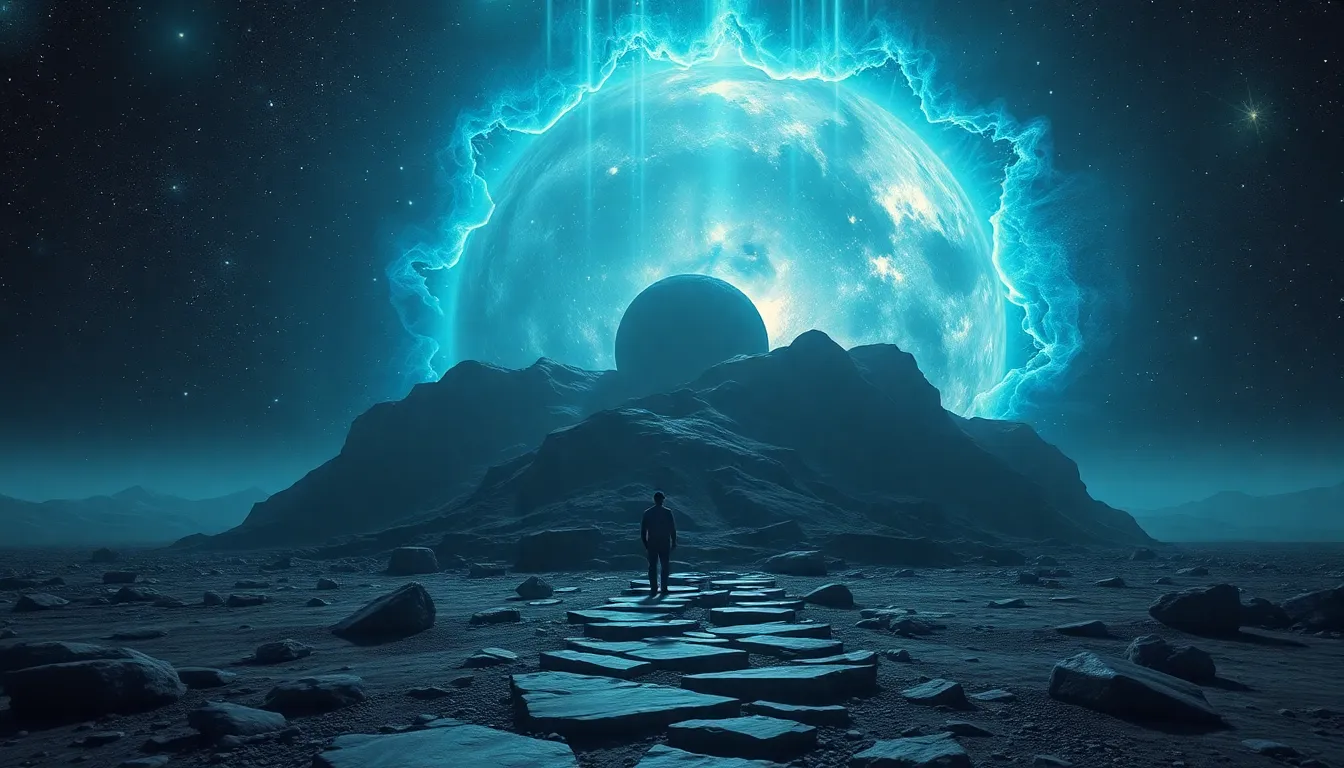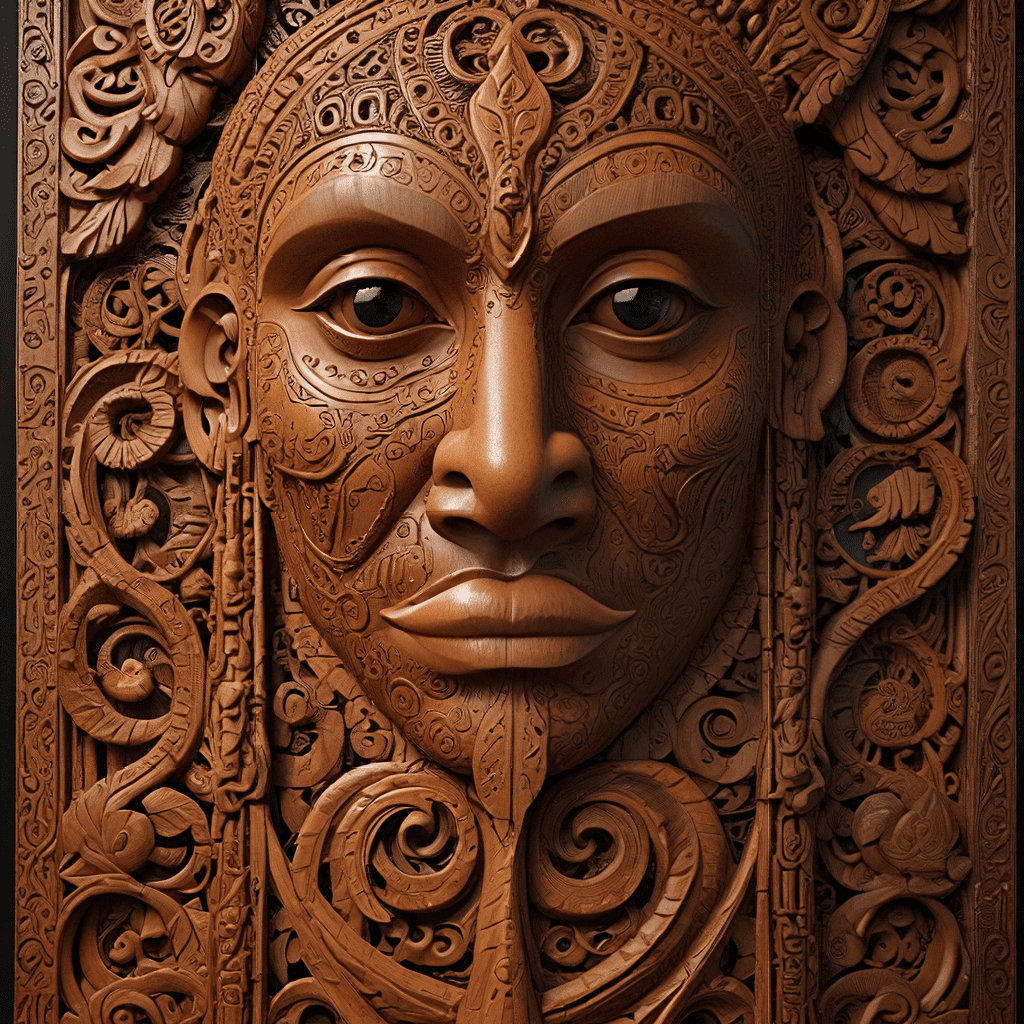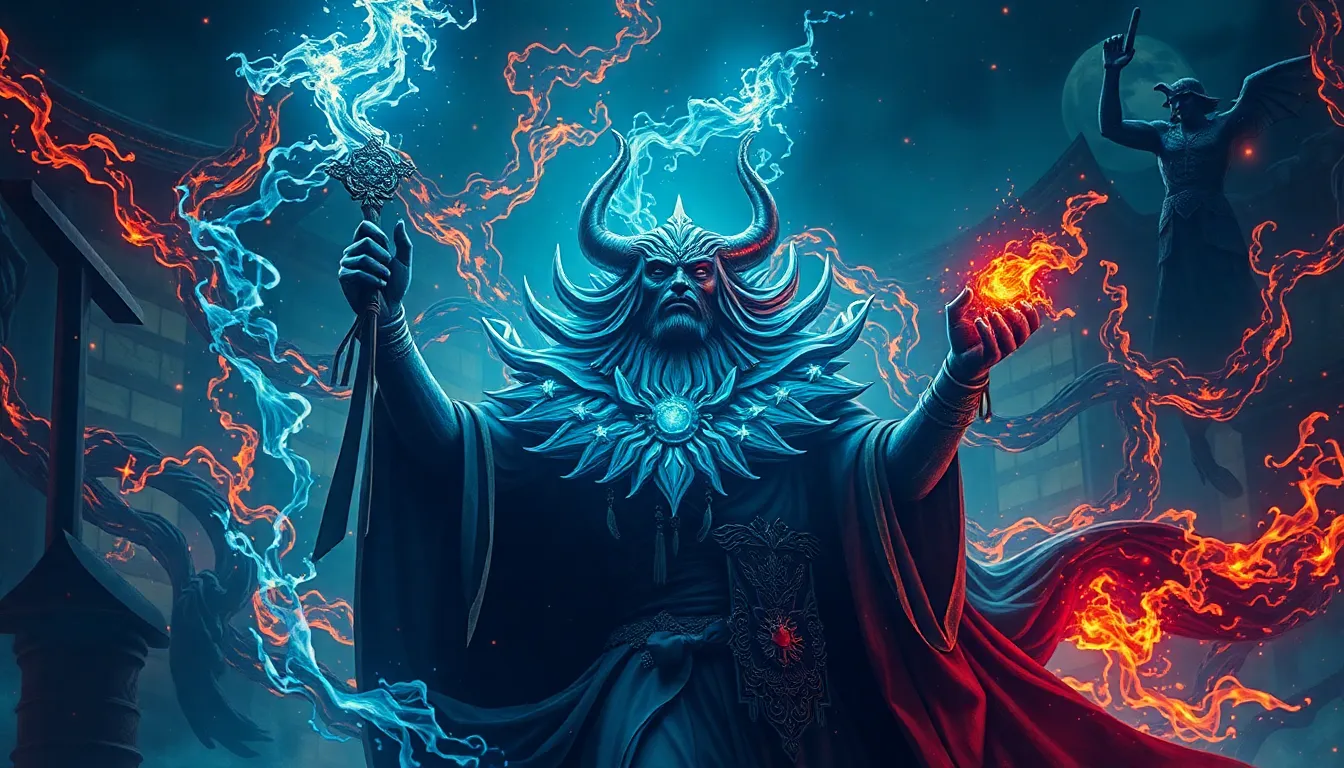Key Themes in Polynesian Mythology
Polynesian mythology, passed down through generations of oral tradition, is a rich tapestry of beliefs, stories, and cultural values that delve into the origins of the universe, the divine realm, and the human experience. Here are the key themes that permeate Polynesian mythology:
1. Creation and Origins
Polynesian myths recount the creation of the world and humankind. Different cultures have their unique origin stories, often involving a supreme being or primal parents who emerge from the void or chaos. These creation myths provide a sacred narrative that explains the origins of all things and establishes the relationship between humans and the divine.
2. The Divine Realm
Polynesian mythology is inhabited by a pantheon of gods and goddesses who possess supernatural powers and influence the affairs of humans. These deities reside in the heavens, the underworld, or other spiritual realms. They are responsible for various aspects of life, such as fertility, war, health, and the weather. Offerings, prayers, and rituals are performed to appease and honor these divine beings.
3. Heroes and Tricksters
Polynesian mythology features a cast of legendary heroes and tricksters whose adventures and exploits embody cultural values and provide moral lessons. Heroes, such as Maui, are known for their strength, courage, and intelligence, while tricksters, like the cunning Kane, use their wit and cunning to outsmart opponents. These characters represent the human potential for greatness and the complexities of human nature.
4. The Natural World
The physical world plays a significant role in Polynesian mythology. The islands, the sea, and the sky are not merely geographical features but also sacred spaces imbued with spiritual significance. Natural phenomena, such as storms, earthquakes, and rainbows, are often seen as manifestations of divine power or messages from the spirit world. Respect for the environment and its resources is a central tenet of Polynesian culture.
5. Love and Marriage
Love and marriage are recurring themes in Polynesian mythology. Myths explore the complexities of romantic relationships, from the transformative power of love to the challenges of jealousy and betrayal. Marriage is seen as a sacred union between two individuals, and it is often arranged through family or community elders. The bonds of love and family are highly valued in Polynesian society.
6. Death and the Afterlife
Polynesian mythology explores the human experience of death and the afterlife. Beliefs vary across cultures, but many myths depict a realm of the dead where the spirits of the departed reside. In some traditions, the afterlife is a place of eternal happiness, while in others, it is a place of punishment or purification. The transition from life to death is often marked by rituals and ceremonies designed to guide the soul to its final destination.
7. The Importance of Family and Community
Family and community play a central role in Polynesian culture and mythology. Myths emphasize the importance of kinship, respect for elders, and cooperation within the group. Family members are seen as the foundation of society, providing support, guidance, and a sense of belonging. Communal activities, such as fishing, farming, and storytelling, strengthen the bonds between individuals and contribute to the well-being of the community as a whole.
8. The Role of Storytelling
Storytelling is an integral part of Polynesian mythology. Myths are passed down through generations through oral tradition, often by specialized storytellers known as kahuna. These stories serve multiple purposes: they entertain, educate, preserve cultural values, and provide a connection to the past. Storytelling is also used to teach moral lessons, foster imagination, and inspire a sense of wonder and awe.
9. The Influence of the Environment
The natural environment plays a significant role in shaping Polynesian mythology. The islands, the sea, and the sky are seen as sacred and interconnected. Myths often reflect the challenges and opportunities presented by the environment, such as the importance of navigating the vast ocean, cultivating crops in a tropical climate, and respecting the power of natural forces. The environment is not merely a backdrop but an active participant in the stories and beliefs of Polynesian culture.
10. The Legacy of Polynesian Mythology
Polynesian mythology continues to have a profound impact on the cultures and societies of the Pacific Islands. It provides a framework for understanding the origins of the world, the nature of the divine, and the human experience. Myths are still told and retold, inspiring new generations and preserving the cultural heritage of the Polynesian people. The legacy of Polynesian mythology extends beyond the islands themselves, influencing literature, art, and popular culture around the world.
FAQ
What is the main theme of Polynesian mythology?
Polynesian mythology encompasses a wide range of themes, including creation and origins, the divine realm, heroes and tricksters, the natural world, love and marriage, death and the afterlife, the importance of family and community, the role of storytelling, the influence of the environment, and the legacy of Polynesian mythology.
Who are the main gods in Polynesian mythology?
The main gods in Polynesian mythology vary across cultures, but some of the most common include: Tangaroa (god of the sea), Rongo (god of agriculture), Tane (god of forests), and Maui (trickster god).
What are the most important myths in Polynesian culture?
Some of the most important myths in Polynesian culture include the creation stories, the adventures of Maui, the love story of Sina and Tuna, and the myth of the stolen water of life.
How is Polynesian mythology still relevant today?
Polynesian mythology continues to play a vital role in the cultures and societies of the Pacific Islands. It is still told and retold, inspiring new generations and preserving the cultural heritage of the Polynesian people. The legacy of Polynesian mythology extends beyond the islands themselves, influencing literature, art, and popular culture around the world.




